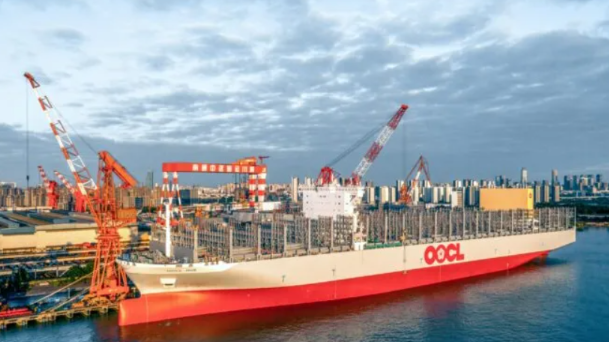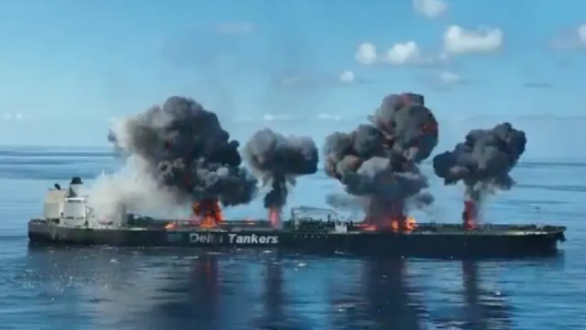The United States may block these ships from entering ports! The FMC will investigate container shipping choke points.
Logistics News
![]() 14-Mar-2025
14-Mar-2025
The United States may take action against congested areas such as the Panama Canal, the English Channel, and the Suez Canal. If the Federal Maritime Commission (FMC) finds that the registered countries of foreign container ships are causing congestion at multiple global shipping locations, the commission may consider blocking these ships from entering U.S. ports.
The FMC announced in a notice that it will investigate transit restrictions that the agency says may create adverse conditions for U.S. foreign trade shipping.
The seven choke points targeted by the FMC are the English Channel, the Strait of Malacca, the Northern Sea Route, the Singapore Strait, the Panama Canal, the Strait of Gibraltar, and the Suez Canal.
"Based on available information, restrictions through [these choke points] appear to have created shipping conditions that warrant serious consideration by the Commission in determining policy and performing its duties," the agency stated.
The FMC will investigate whether restrictions at global maritime choke points have created adverse shipping conditions due to foreign governments' laws, regulations, or practices, or the actions of shipowners or operators flying foreign flags.
The FMC summarized the importance and potential threats of each location. For example, it noted that, in addition to geopolitical issues in the Panama Canal, ship robberies in the Strait of Malacca between Malaysia and Indonesia are also a "significant problem"; Russia is strengthening its military presence in the Northern Sea Route, a shortcut connecting Europe and Asia; and strict regulations have caused delays along the Singapore Strait.
The agency warned that "political developments, border controls, and customs inspections along the English Channel have increased complexity, and the proximity of the English Channel to sensitive areas between the UK and France sometimes leads to heightened security concerns."
The FMC stated, "In issuing regulations to address conditions adversely affecting U.S. foreign trade shipping, the Commission may take remedial measures, including denying entry to U.S. ports for ships registered in countries causing adverse conditions."
Boston Consulting Group (BCG) expressed concerns last year about the geopolitical risks in three choke points the FMC will study—the Suez Canal, the Strait of Malacca, and the Panama Canal—as well as the Strait of Hormuz, which threaten global trade.
Michael McAdoo, a BCG partner and director, wrote in a February 2024 warning, "These geopolitical risks could lead to situations where goods cannot physically reach certain destinations. In the short term, this will extend delivery cycles. In the long term, it will likely push companies to seek shorter supply chains due to the risks and higher capital costs associated with ocean shipping."
The FMC stated that it welcomes input from government authorities, container shipping interests, as well as bulk cargo interests, shipowners, individuals, and groups by May 13.
The Federal Maritime Commission is particularly interested in comments related to:
- The causes, nature, and impact of choke point restrictions, including financial and environmental effects.
- The extent to which constraints are related to foreign governments' laws, practices, or actions.
- The extent to which constraints are attributable to the practices of shipowners or operators of vessels flying foreign flags.
- The potential causes, nature, and impact of any ongoing transit restrictions for the remainder of 2025.
- The best long-term and short-term measures the FMC could take to mitigate transit restrictions.
- Barriers to implementing measures to mitigate transit restrictions, and how to address these barriers.

Last
OOCL's financial report is shockingly released: Profits reach 2.5 billion! Revenue surges by 28%, and net profit soars by 88%!
Orient Overseas Container Line (OOCL) 2024 financial report is shockingly released: annual revenue of10.7 billion, a sharp increas

Next
More Tankers and Dry Bulk Carriers Are Steering Clear of the Red Sea
According to data from investment bank Jefferies, diversions of tankers and dry bulk carriers have risen. So far this year, divers
